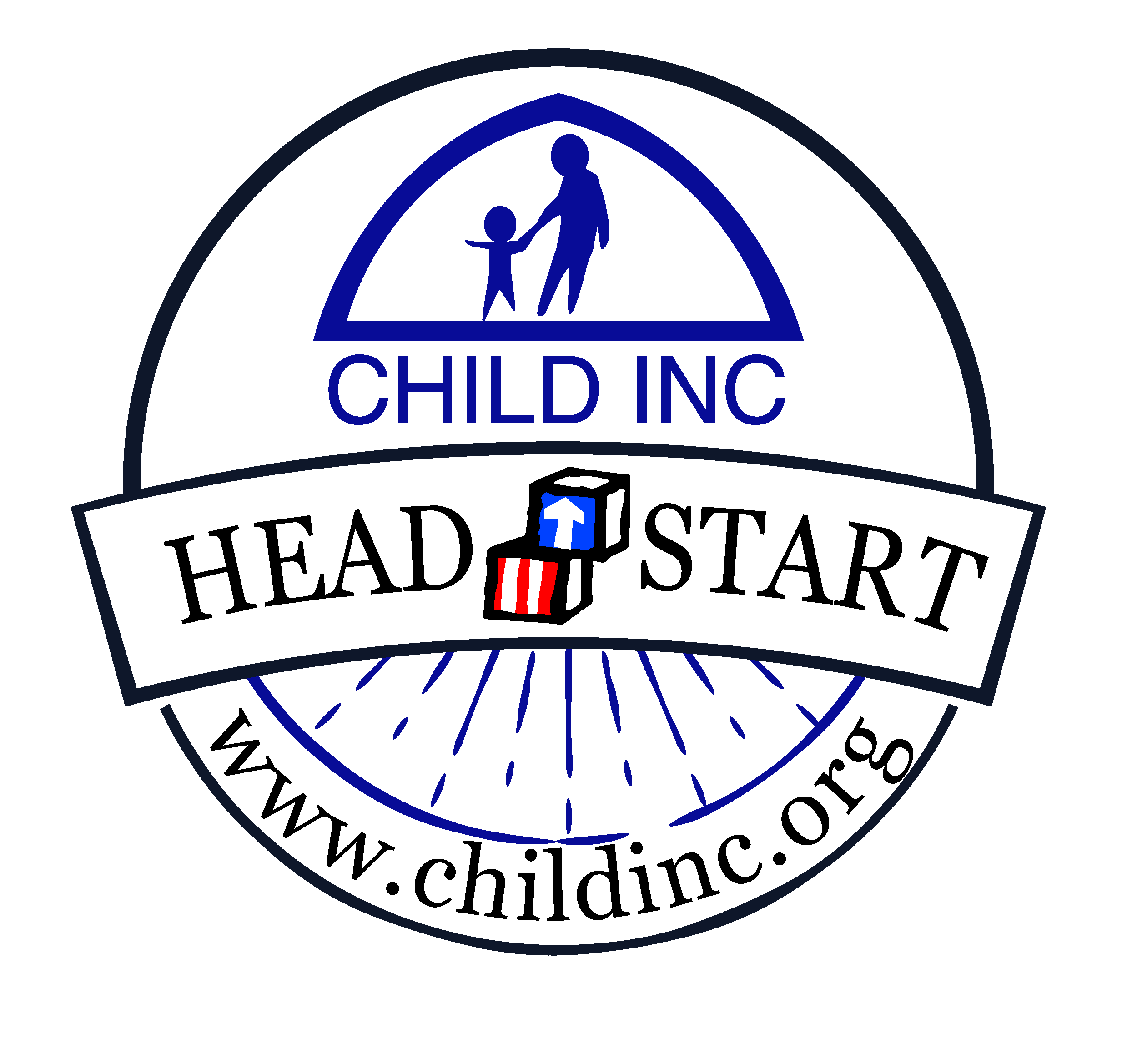During the 50 years that Child Inc has been a national leader in preschool education, methods of staff training, types of curricula, and actively engaging parents in the education of their children have evolved. Not only has Child Inc examined and implemented evolving approaches, it has conducted research and outcome evaluations of its methods and practices.
Through this experience, Child Inc has learned that qualified staff, low child to staff ratios, and high-quality curricula are key for effective child development, but not sufficient. We know from rapidly expanding knowledge of brain development, that positive, lasting child development (both learning and the formulation of healthy, positive child-parent attachment) is largely dependent upon good, responsible parenting.
Research on early development demonstrates the tremendous impact of family engagement on child outcomes.
Social and economic research has shown that a lack of responsible parenting conservatively costs U.S. taxpayers nearly $112 billion dollars per year, Texas taxpayers nearly $3 billion dollars per year, and Austin-area taxpayers at least $177 million dollars per year.
To provide a program that promotes school readiness and ultimate school success, Child Inc promotes a Parent Engagement Program that is integrated with our core education program.
In an ideal world, responsible parenthood includes two caring parents who provide extensive, positive engagement with their children, are involved in their children’s education, and provide children adequate emotional and financial support. Too often, the children we serve live in a world that is far from ideal. Two-thirds of our families in our center-based program have single, female head-of-households, and at least 90% of them live at or below the federal poverty threshold. Many of our children do not know their biological fathers. In addition, studies show children in poverty typically hear an average of 616 spoken words per hour, compared to 2133 spoken words per hour for children of professional-class parents.
The Child Inc response to these circumstances has been the development of several initiatives that fall under the broad heading of our Responsible Parenting Program. These initiatives include the following:
- Increase parent involvement in the early childhood setting and at home
- Educate and engage fathers in the lives of their young children
- Assess and address family issues that may affect parent-child relationships
- Increase community understanding and recognition of responsible parenting
